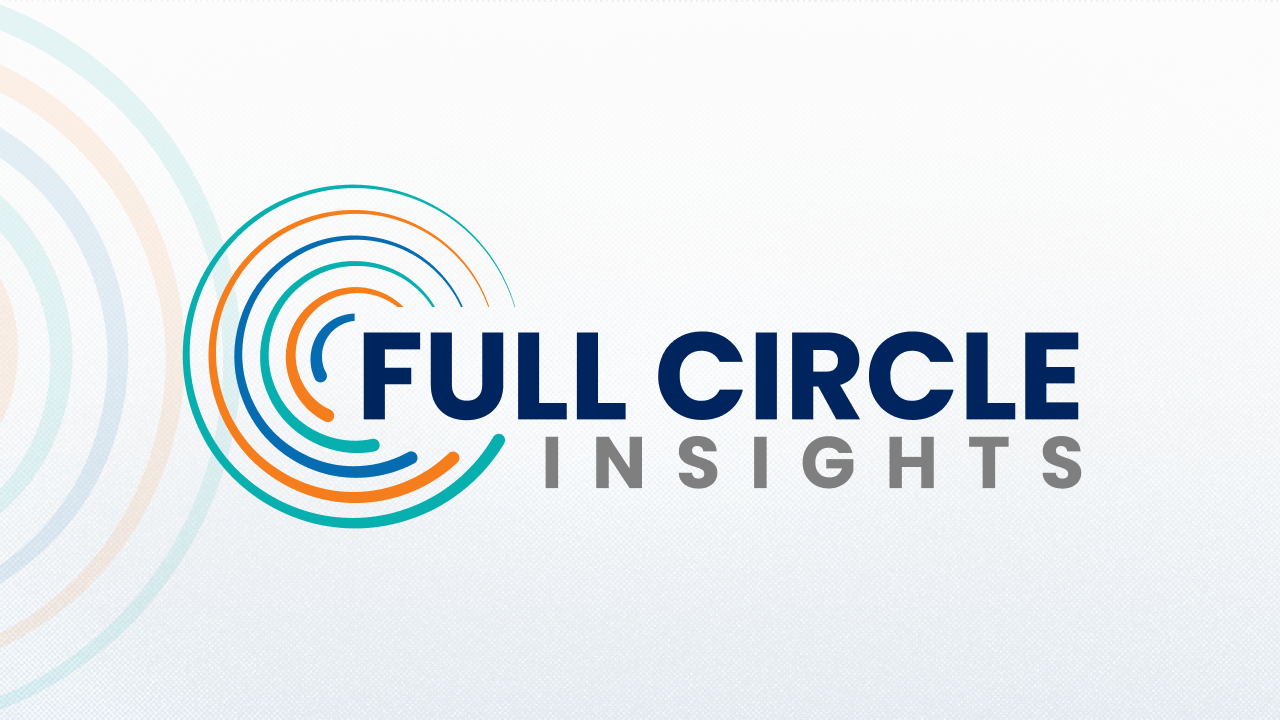What is Funnel Measurement?


As marketers, we’re all familiar with The Funnel.
We know customers generally progress from awareness and consideration, to conversion and (hopefully) loyalty. But, how can we actually measure the journey through that funnel?
Let’s take a look at the key metrics you can extract from the path to purchase, how to turn them into actionable insights, and the role of attribution software in building and analyzing your funnel.
What is Funnel Measurement?
Put simply, funnel measurement tracks how a prospect moves through your sales and marketing cycle. By analyzing the path from awareness to conversion, funnel measurement pinpoints gaps in the customer journey and identifies opportunities for optimization.
Rather than relying on guesswork and gut instinct, funnel measurement leverages attribution software to answer critical questions like:
- Where do your most valuable leads originate?
- Which touchpoints drive conversions?
- What campaigns generate the most ROI?
- How long does it take for deals to close?
- Where do prospects drop off?
Benefits of Funnel Measurement
Funnel measurement doesn’t just chart the customer journey, it also empowers marketers to:
- Understand impact: gain clear insights on which marketing initiatives deliver ROI, make data-backed decisions, and target campaigns with precision.
- Optimize budget: allocate resources more effectively across marketing channels and touchpoints based on what works, and what doesn’t.
- Forecast the future: predict future performance and monitor current progress against goals based on lead volume, deal velocity, and more.
- Collaborate with transparency: drive alignment across go-to-market teams with a single source of truth for funnel tracking and measurement.
The Role of Attribution Software in Funnel Measurement
Let’s be honest. The traditional marketing funnel doesn’t quite reflect today’s customer experience. You know the graphic we’re talking about - the clean, one-dimensional path to purchase?
In reality, prospects typically interact with multiple on and offline touchpoints before reaching conversion, with no guarantee of a logical sequence. For B2B organizations, lengthy sales cycles stretch and contort the funnel even further.
For the average CRM, these complex journeys are almost impossible to track with any degree of insight. Manual lead updates and record keeping are a recipe for inconsistent reports (and a strained sales-marketing relationship).
Attribution software overcomes these limitations by accurately tracking customers in a post-cookie world, and assigning appropriate credit to each marketing touchpoint. By feeding this data directly into your funnels, dashboards, and reports, attribution software revolutionizes sales and marketing intelligence.
What to Look For in Attribution Software
Want to construct comprehensive, actionable funnels?
Here are three key features to look for in your attribution software:
Native CRM Solutions
Funnel measurement is only as accurate as the data it has to work with. Seek out a native CRM solution that connects leads, contacts, opportunities, and accounts in a unified view within Salesforce to avoid data discrepancies and syncing issues.
Historical Tracking
Tell the entire story with a solution that restores previously anonymous sessions and ensures accurate attribution throughout your funnel. Historical tracking is crucial to avoid gaps and effectively evaluate performance.
Customizable Dashboards and Reports
Choose a solution with multiple attribution models and customizable funnel stages to match your go-to-market process. Transform complex data into actionable insights with dashboards that track key metrics at a glance.
Enhance Funnel Measurement with Attribution Software
If you’re struggling to turn rigid CRM data into workable funnels, attribution software could be the missing link. With a holistic, user-friendly solution, marketers can gain new levels of clarity on the customer journey, and make data-informed decisions to transform ROI.